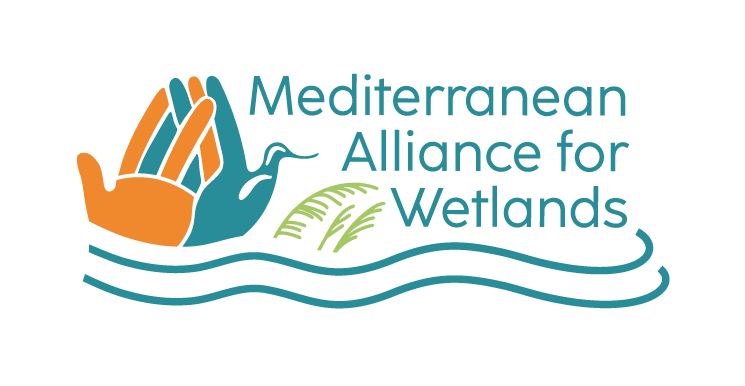Engaging the Local Community in the Restoration of Tawergha Wetland
The Tawergha Wetland contains the largest freshwater spring in Libya, extending to the Mediterranean. The spring has traditionally supported date production and traditional industries, a local culture all its own with intricate water management systems and a characteristic building style. The area is characterized by its biodiversity and has been a shelter for many bird species such as herons, ducks and many passeriformes species. Following the 2011 civil war, communities were displaced and the area became abandoned for over 10 years. Bird hunting increased, vegetation grew to completely cover the canals, and notable levels of plastic pollution filled the canals, brought by either wind or those who entered the area.
The Libyan Society for Birds project team seeks to mobilize the local community to effectively manage waste, combat illegal hunting, and support wetland restoration. A series of workshops will engage the community around the topics of wetland habitats, birds, and threats. Several trainings will be developed for specific audiences, with awareness and cleaning campaigns developed to address waste management with children and teachers, and workshops on illegal killing of birds for local authorities and hunters. These activities will also highlight the traditional links between wetland sites and human activities that have been lost as a result of displacement. Working closely with the Tawergha Municipal Council and the social affairs office, the project provides short-term benefits, such as plastic removal, while integrating these issues into the fabric of the community to increase interest and capacity in protecting wetland habitats.

